More about "Djanes" project
This is a media project of the Roma youth organization "ARCA". It includes news of the Roma community in Ukraine, interviews and life stories, interesting facts designed to break stereotypes.
Djanes
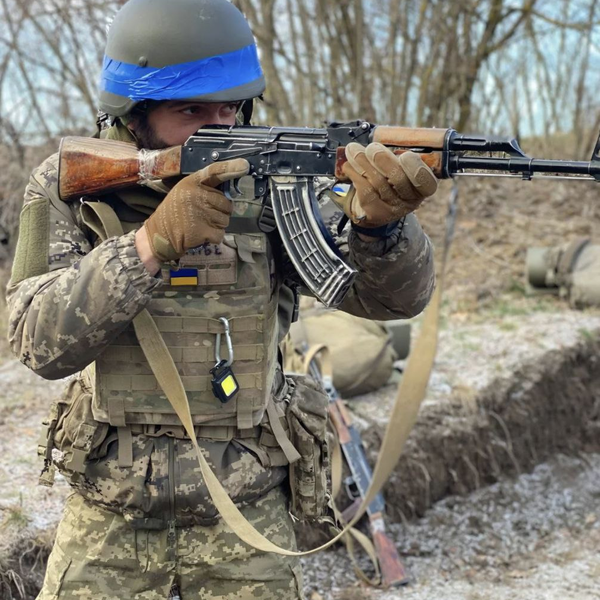
Ром Сергій Вишановський: «Моя нація теж тут, на цій війні»
Його звуть Сергій Вишановський. У ромському світі — Кароль. На фронті — Чоршамбе. Коли він приходить на позицію, побратими жартують: «Циган іде». Він не ображається. Навпаки — пишається. 102-га окрема бригада ТРО імені Дмитра Вітовського.
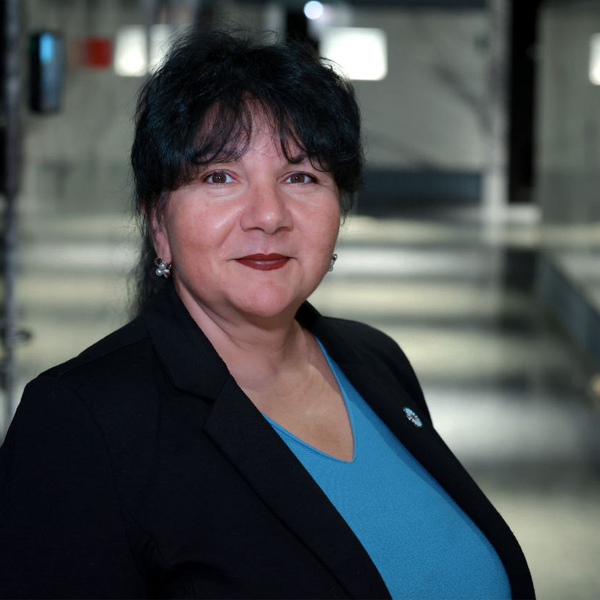
Шелтери як шанс на новий старт: чому вони важливі для ВПО в Україні
Шелтери для внутрішньо переміщених осіб (ВПО) — це тимчасові прихистки, що надають житло, харчування, гігієну та психологічну підтримку. Їх можна знайти через місцеві органи влади, ЦНАП, благодійні фонди та спеціалізовані організації. Елеонора Кулчар — директорка Закарпатського обласного благодійного фонду «Благо» в інтерв’ю для «Жянес» розповіла про шелтери для внутрішньо переміщених осіб, які організовуються на Закарпатті, про допомогу та підтримку донорів, а також — наповненість центрів «Хаб Благо».
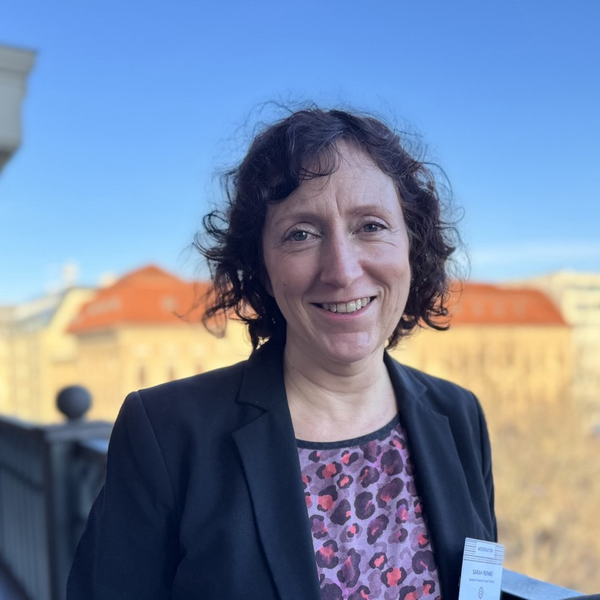
AURA: платформа для самоорганізації і захисту прав ромської спільноти за кордоном
Наприкінці минулого року у Берліні відбувся круглий стіл «Ромська інклюзія у фокусі: зміцнення партнерства між Україною та Німеччиною», який був організований Молодіжною агенцією з адвокації ромської культури «АРКА» та Центральною радою німецьких сінті та ромів у співпраці з Товариством народів під загрозою, Українським ромським адвокаційним альянсом (AURA) та Євангелічною академією в Берліні. Подія відбулася за підтримки Федерального міністерства закордонних справ Німеччини та Українського жіночого фонду. У заході взяли участь політики, представники державних інституцій та громадянського суспільства України та Німеччини. Основною темою дискусії стали права та потреби ромів в Україні, а також становище ромів-біженців з України у Німеччині. Під час заходу відбулась і презентація Українського ромського адвокаційного альянсу (AURA). Членкинею правління цієї організації стала Сара Райнке, яка є керівницею берлінського офісу правозахисної організації «Товариство захисту народів, що перебувають під загрозою», і яка багато років працює з темами геноциду, дискримінації та міжнародної адвокації.

Ромські активісти – про новорічні та різдвяні традиції
Новий рік і Різдво – це час спілкування, коли ромські родини збираються разом, діляться подарунками, бажають один одному благополуччя. Ромські свята відомі своєю тривалістю, щедрістю та насиченістю традиціями, що об'єднують родини та громади. Про новорічні та різдвяні традиції, а також звичаї та страви на Новий рік, Святвечір та Різдво в інтерв’ю для «Жянес» розповіли: Галина Сіладі - громадська активістка, заступниця голови громадської організації «Терне Рома», Віллі Пап-молодший – громадський діяч, композитор, музикант, заслужений працівник культури України і Тімея Шрек – письменниця із Закарпаття, викладачка Берегівської гімназії «Опре Рома».
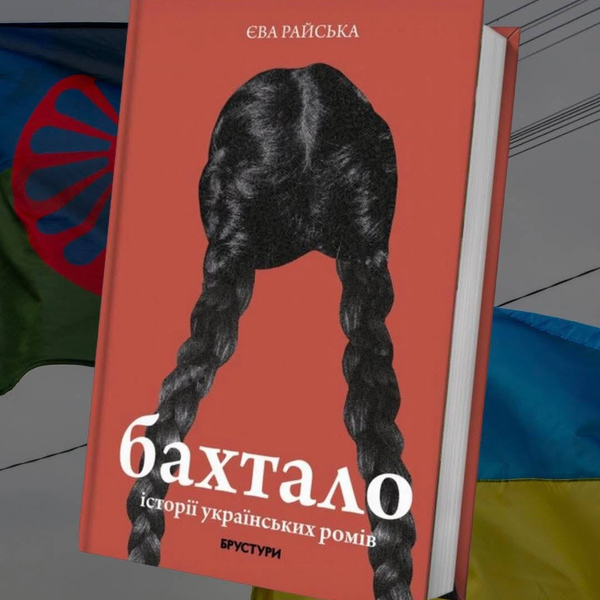
Репортажистка Єва Райська: «Через звичайні людські історії я хотіла показати глибші процеси».
Єва Райська - журналістка, письменниця, проромська активістка. В інтерв’ю для «Жянес» розповіла про свою книгу «Бахтало. Історії українських ромів».
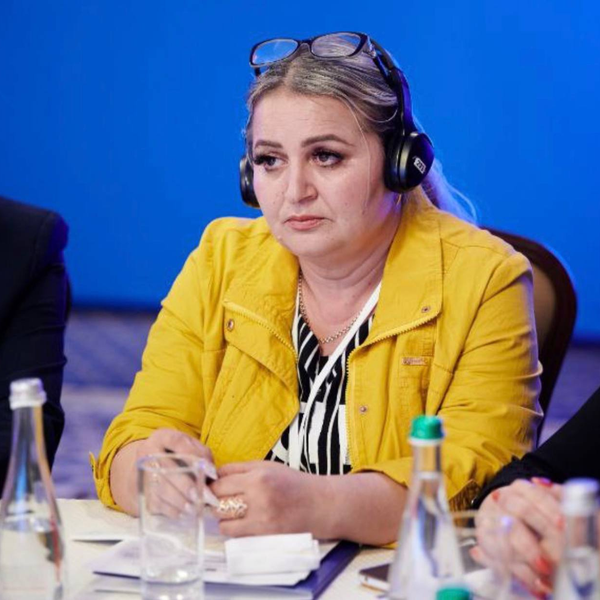
Новий центр підтримки ромів у Сумах: хто отримає шанс на освіту
Цього року у Сумах відкрили Ромський освітній центр, який має на меті допомагати ромам у соціалізації та адаптації. Проєкт був підтриманий німецьким фондом «Пам’ять, відповідальність і майбутнє» (EVZ) та спрямований на підготовку дітей дошкільного віку для вступу до школи, надолуження освітніх втрат як у дітей шкільного віку, так і у старшого покоління. Голова громадської організації «Ромський жіночий конгрес “Мануша”» Ольга Михайленко в інтерв'ю для «Жянес» розповіла про виклики, перші результати роботи та подальші плани щодо розширення Ромського освітнього центру.

Письменниця Тімея Шрек: «Життя так склалося, що повертаюся до коренів».
Тімея Шрек – письменниця із Закарпаття, викладачка Берегівської гімназії «Опре Рома», в інтерв’ю для «Жянес» розповіла про свою збірку новел «Мертва земля». Зокрема, про історію створення книги та конкретні історії дітей, які лягли в основу, а також – подальші творчі плани.
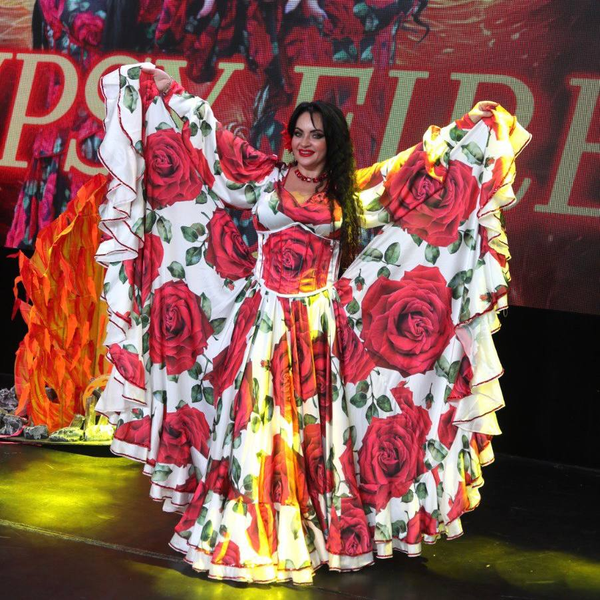
Танцівниця Вікторія Чорна: «Саме ромський танок допомагає людям просто вижити»
Вікторія Чорна – солістка ромського ансамблю «Бахтале», засновниця ансамблю «Терне рома», володарка Кубка світу із ромських танців в інтерв’ю для «Жянес» розповіла про участь та значення ромського танцю на міжнародній сцені, про баланс між автентичністю та творчим оновленням традиції і упереджене ставлення щодо ромської культури.
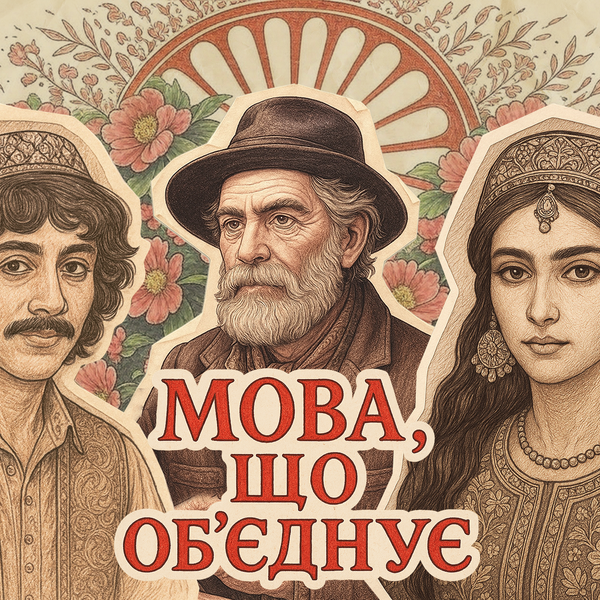
Громадські активісти і дослідники — про ромську мову, перспективи розвитку та загрози
З нагоди Міжнародного дня ромської мови, який відзначається 5 листопада, ми поспілкувались з науковцями та мовознавцями аби дізнатись про реальне становище ромської мови та перспективи її збереження і розвитку. Про культурну ідентичність ромів, мовну політику держави та якими є загрози зникнення ромської мови — говоримо з ромським активістом, медіатором та перекладачем Володимиром Щербаковим.
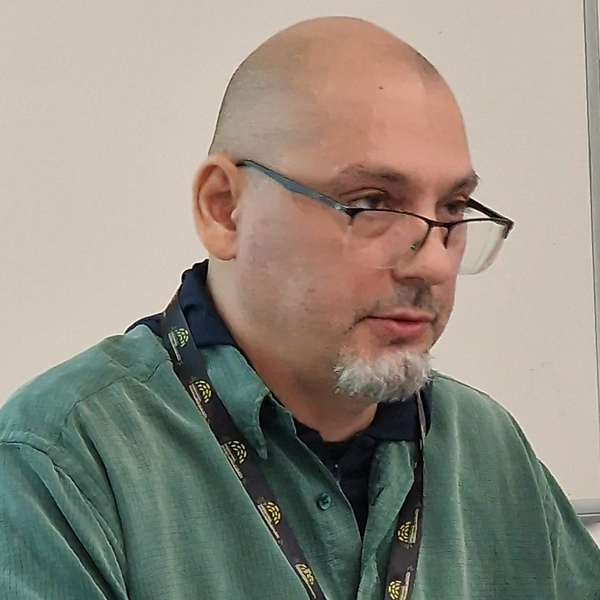
Лінгвіст Михайло Ослон: «За свої мови носіям зазвичай доводиться боротися самотужки».
Михайло Ослон – лінгвіст, дослідник, фахівець у галузі циганської мови та балто-слов’янської акцентології. Габілітований доктор, співробітник Інституту польської мови ПАН в інтерв’ю для «Жянес» розповів про діалекти ромської мови, які побутують в Україні, про інтеграцію мови та кроки, які є найефективнішими для збереження й розвитку ромської мови в українському суспільстві. Адже ромська мова належить до переліку мов, яким загрожує зникнення в Україні.
Also in this section:
- Музикант Віллі Пап-молодший: «Американський джаз або ромський джаз...»
- Художник Тиберій Йонаш: «У моїх планах відкрити величезний центр у ромській громаді»
- Психотерапевтка Ольга Голубицька: «Ти є людиною, яка варта уваги».
- Другий шанс на освіту. Або як працюють інтеграційні центри для ромів
- Ромська активістка Галина Сіладі: «Для мене поезія - спосіб життя»
- Соціолог Микола Гоманюк: «Скажи, хто такі рома – і я скажу, хто ти»
- Шанси на освіту, працевлаштування та гідне життя для ромських жінок
- Медіавплив однієї історії: роми, танк, війна і суспільне сприйняття
- AURA об’єднує: ромська ініціатива з українським корінням у Німеччині
- Вижили і змінились: Юліан Кондур про ромський правозахист й дорослішання суспільства під час війни